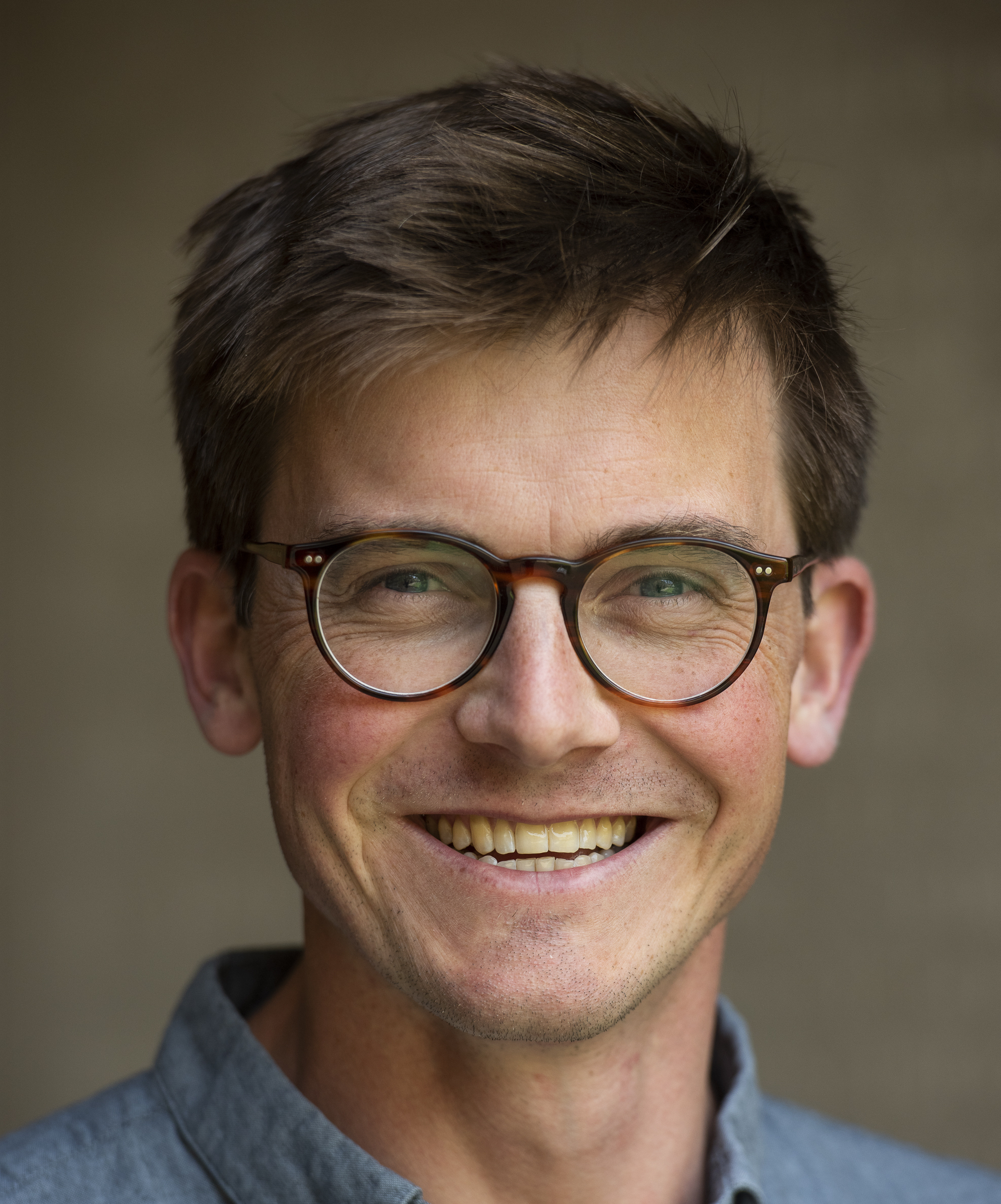The Probiotic Planet: Using Life to Manage Life
CEH Virtual Seminar with Jamie Lorimer (University of Oxford)

The popularity of rewilding as an approach to conservation has risen hugely in recent years, both in Denmark and further afield. However, scholars in the Environmental Humanities have critiqued rewilding projects on various grounds, arguing for example that they rest ideologically on an illegitimate human-nature divide, that they sometimes impose impossible ‘goldilocks standards’ on animals released into landscapes they’ve been absent from for generations, or that they fail to properly appreciate cultural landscapes and consult with the people living within them before going ahead. That said, the potential for rewilding projects to revive and enhance biodiversity has been recognised by conservationists and governments throughout Europe.
With all of this in mind, we invited Jamie Lorimer to speak about his recent work on the ‘probiotic turn’ in rewilding – using forms of life to manage other forms of life – and its unique promises and drawbacks as an approach to conservation. Jamie is an Associate Professor and environmental geographer in the School of Geography and the Environment at the University of Oxford. His research explores the histories, politics and cultures of wildlife conservation. Past projects have ranged across scales and organisms – from elephants to hookworms. Jamie is the author of Wildlife in the Anthropocene: Conservation after Nature (Minnesota, 2015). His current project, the topic of this seminar, draws together work on rewilding inside and beyond the human body to demonstrate that a ‘probiotic turn’ is underway in the management of both human and environmental health. The Probiotic Planet: Using Life to Manage Life will be published in November 2020.
Listen to Jamie's talk:
This seminar was part of the Centre for Environmental Humanities’ autumn series, ‘Saving European Nature: Longing for Landscapes Past.’
